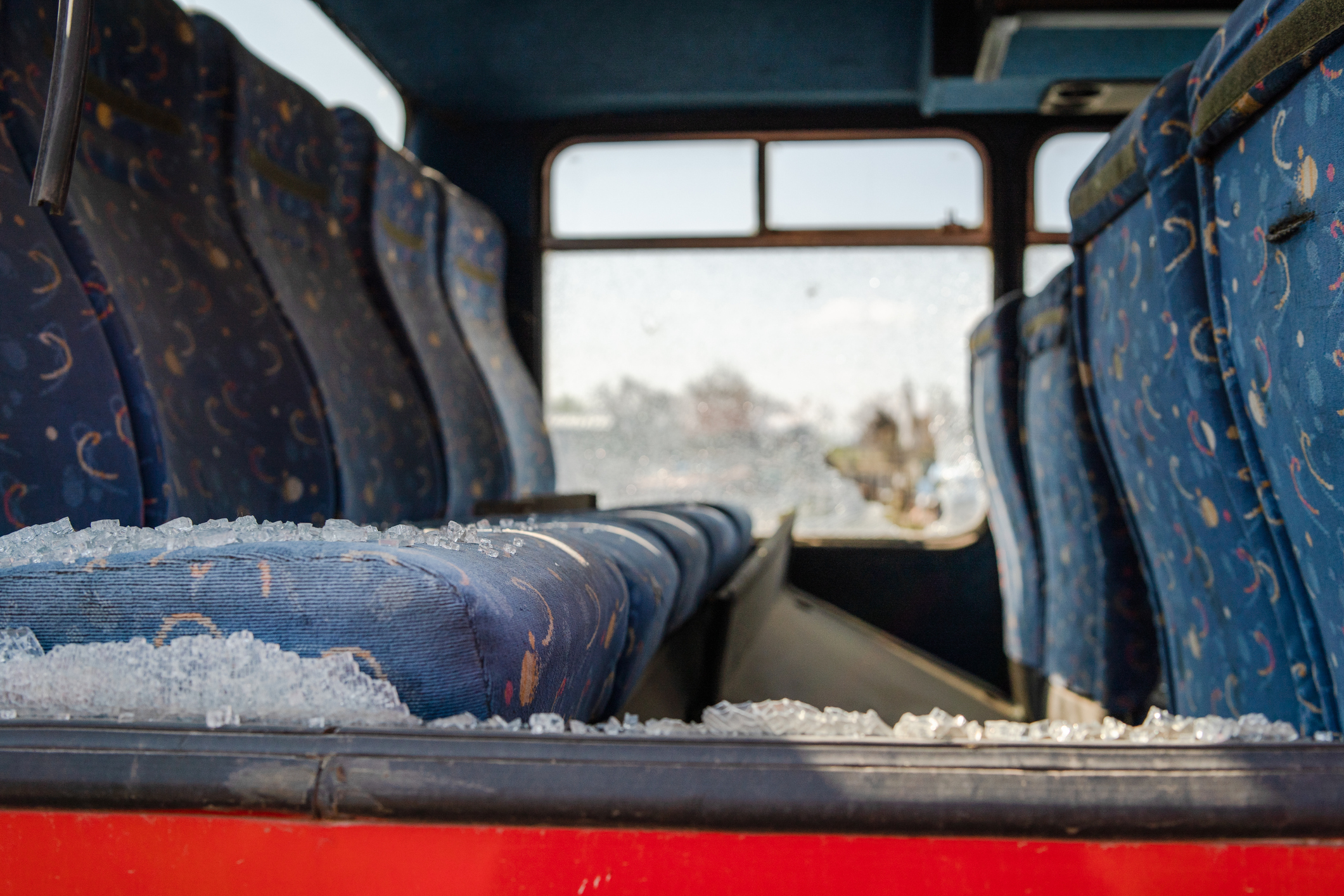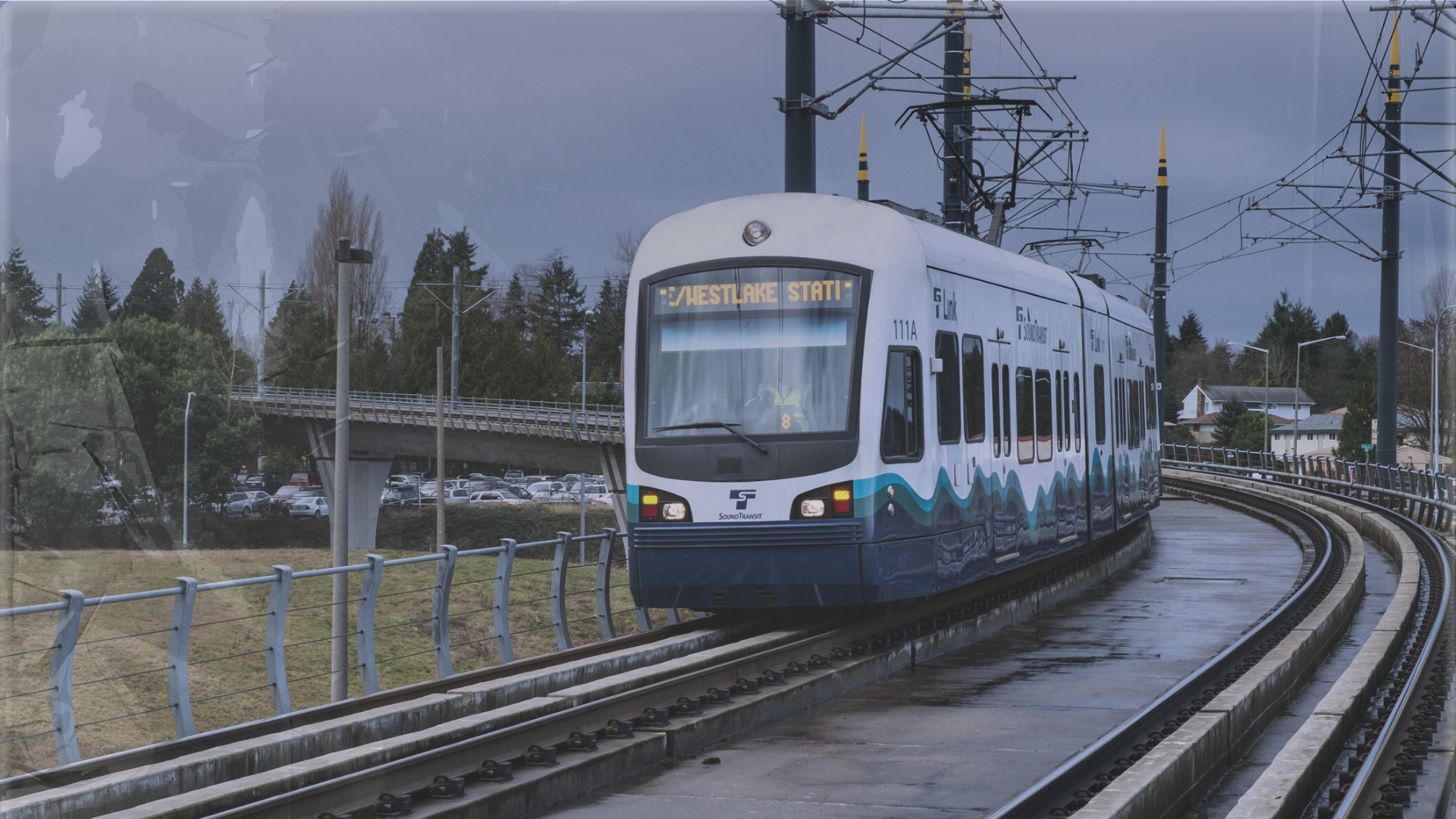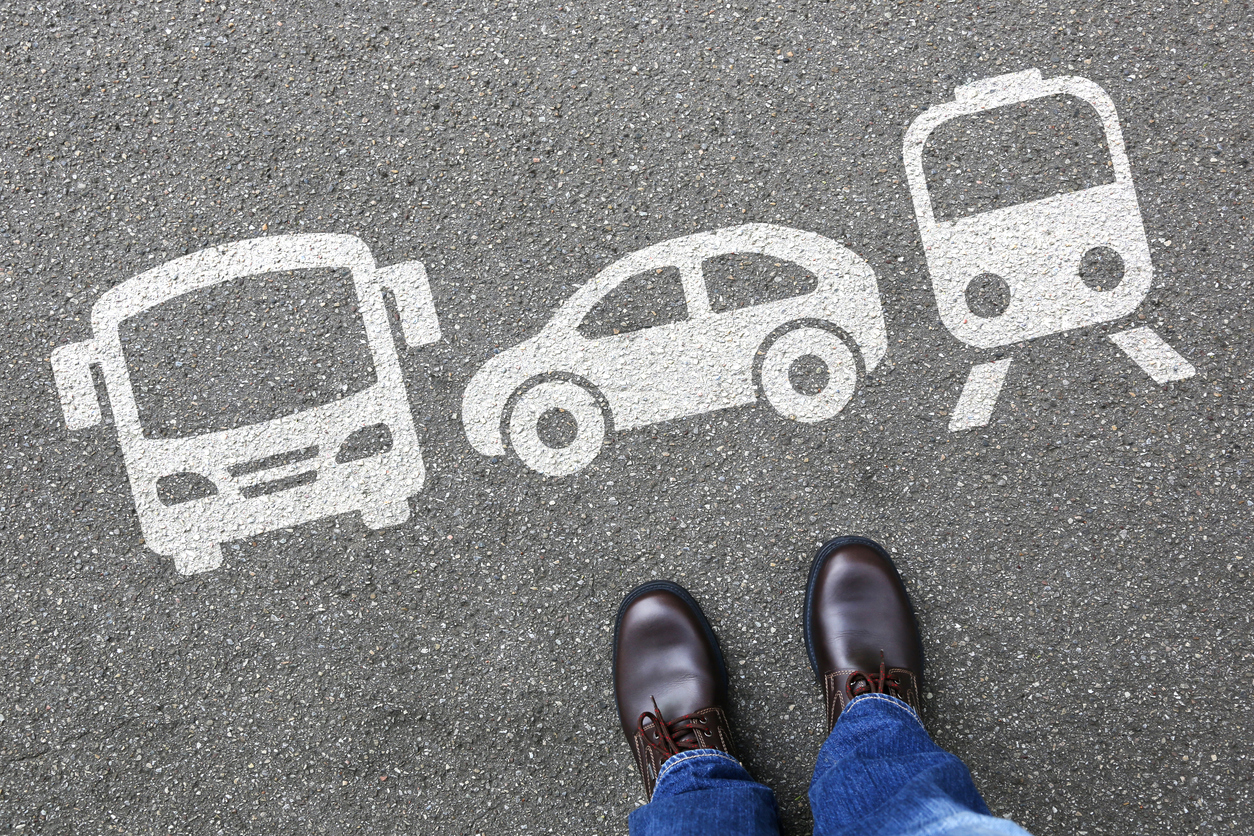The City Hall Bureau Chief for the New York Times, Emma Fitzsimmons, received a barrage of disparaging tweets – all because she said she bought a used car to get around.
“If you know me, you know I love the subway and have been adamant about not wanting to own a car. With two small kids and uncertainty over public transit, we’re buying a used car. It will be interesting to see how the pandemic changes where people live and how they get around.”
Emma’s concerns aren’t unreasonable, especially in New York City, which was hit the hardest by COVID-19. New York City is the densest city in the United States, containing nearly half of the entire state’s population. Residents are dependent on an extensive and heavily-used underground subway system, which is crowded and poorly ventilated. One expert from MIT argues that it’s this very subway system that was a “major disseminator – if not the principal transmission vehicle” for the coronavirus infection in New York City.
It’s no surprise that subways are not an ideal way to get around during a pandemic. Last month, I wrote about the importance of public officials being honest about this point of vulnerability and acknowledging that the current situation requires a temporary change to public transit. Safer mobility options do exist for riders – and insisting public transit is the only option is both inaccurate and fraught with risk.
Transit advocates who value giving people the best possible transportation choices should also be called on to contribute the new thinking that this public health crisis requires, including partnerships with car rental and ride-sharing companies. The car rental company Hertz took initiative last month to offer free car rentals for the entire month of April to healthcare workers in New York City.
Unfortunately, not all transit advocates are able to put politics aside - even during a crisis that requires empathy, patience and collaboration on all fronts.
One response the mother of two received warned her that she was going to “unleash bike trolls” on herself for the rest of her life. Unfortunately, that is probably an accurate, though sad, statement.
Another critic, who is also a self-proclaimed “class-conscious proletarian,” said the writer was operating under a false premise. “There’s no uncertainty about transit,” he argued. “Our transit system is here to stay, even if it faces temporary challenges…The only threat to transit lies in people who should know better [than] abandoning it for driving.”
In other words, no longer is the goal safe and reliable mobility – but instead the goal is to protect the transit business model at all costs. This is what it looks like when a travel mode becomes a religion.
People know what’s best for themselves and their families, especially in choosing where they will live and how they will travel. They should be free from judgement and harassment for those choices. That this judgement comes from advocates who tout the rhetoric of supporting “transportation choices” is especially revealing.
Some people spoke up and applauded the writer for doing what she felt was best for herself and her kids. Streetsblog New York, however, disagreed that she shouldn’t be judged. They argued: “Some will say, ‘Don’t judge @emmagf!’ but we do: Her bad decision stems from privilege in a city whose car-loving mayor encourages short-sightedness. Car ownership is a zero-sum game: More space for Emma’s car = less space for long-suffering transit riders, cyclists and peds.”
When did purchasing a private vehicle to keep your family safe during a global pandemic become a “bad decision”? Who gets to decide that? More importantly, when did it become acceptable to judge and harass other people because their values don’t look like your own?
It’s 2020 and we’re dealing with the worst healthcare and economic crisis most of us have ever seen. Though there are many silver linings in how people are coming together to support and encourage one another – exchanges like this one are unsettling.
Still, I’m grateful that people like Emma are sharing their experiences and the changes they are making to keep themselves, their families, and our communities safe. They remind me I’m not alone in wrestling with worry and tough decisions.
And, when internet trolls come out of the woodwork to hurtle insults and judgement at those who are using every resource to get through this the best way they can – it reminds me why we must continue to advocate for real choices rather than accept the choices a small group of urban activists decide are socially acceptable.






